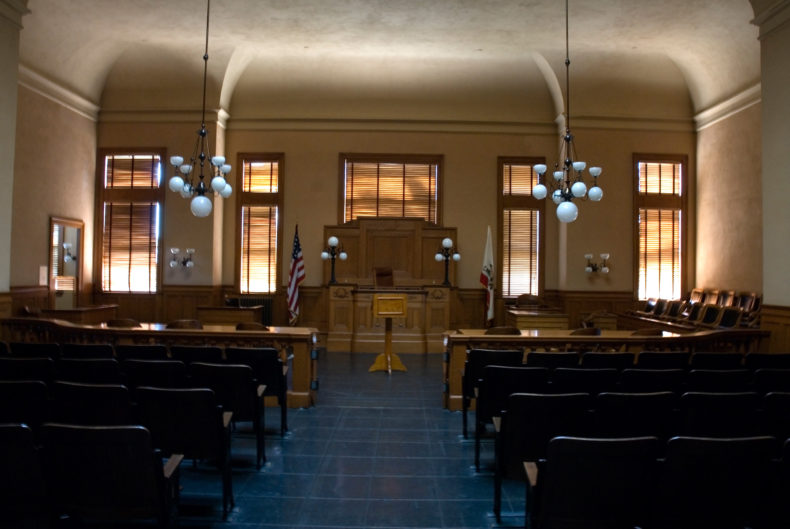
In criminal trials, witnesses (including victims and defendants) often provide testimony to the court that the judge and jury consider. When witnesses testify, they do so under oath. They also do so under the risk of facing criminal charges if they lie to the court (known as ‘perjury’). What if a witness is a known liar? How can you let the jury or the judge know about their lying ways. Well, although it may seem easy, in practice it actually isn’t. This is so because the trial waters are muddied by the rules of evidence. Evidence rules generally prohibit a court from letting in specific instances of lying; courts will generally not permit specific instances of lying conduct to be brought up or even considered in trial.
Evidence Rule 608 is what governs how evidence about truthfulness may be presented in trial. Essentially under ER 608 the credibility of a witness may only be attacked or supported by evidence in the form of reputation. The admission of such evidence is subject to the following limitations: (1) the evidence may refer only to a person’s character for truthfulness or untruthfulness, and (2) evidence of truthful character is admissible only after the person’s character for truthfulness has been attacked by reputation evidence or otherwise.
To get a person’s reputation for untruthfulness into evidence, the witness must be aware of the person’s ‘reputation’ for truthfulness in a certain community, and may only testify as to what that reputation is in ‘that’ community. The time honored script goes something like this: Q: DO you know the general reputation at the present time of [name of person], in the community in which he lives, for truth and veracity? A: Yes. Q: What is that reputation? A: It is bad. The witness is not allowed to bolster his answer or testimony by citing specific reasons why the person has a bad reputation, and any significant deviation from the script will not be permitted by the court.
Notwithstanding the foregoing, when the actual person you think is a liar is on the stand testifying, the court might allow an opposing party to ask him about specific instances of lying conduct. This is so because ER 608 does, in the court’s discretion, permit the probing into specific instances of lying conduct that would be probative of the persons truthfulness or untruthfulness if it is done during the cross examination of the person alleged to be a liar. In reality though, judges are often loathe to go down that rabbit hole.
Sadly, in trials a jury only really hears what the judge permits it to hear. Often there is a ton of evidence that for one reason or another a jury is not privy to prior to making their judgment of a defendant’s guilt or innocence. All judges are human. They all have their own interpretation of the rules of evidence … and invariably this (whether rightly or wrongly) impacts the outcome of trials on a daily basis. ER 608, and a judge’s interpretation of it, is one of those rules that can really impact the outcome of a criminal case. Why? Because if you know that a witness is a liar, but the jury never gets to consider that fact … the testimony they hear will surely be deemed credible, even if it isn’t … and that is a scary prospect indeed.
Whenever cited for a crime it is imperative to hire a qualified Seattle Criminal Defense Attorney. The Seattle Criminal Defense Attorneys that make up the criminal defense team of SQ Attorneys are highly qualified and reputable Seattle Criminal Defense Lawyers that are dedicated to providing top notch, aggressive representation for those arrested or charged for crime all across Western Washington and the Greater Puget Sound region. The team creates success by working with law enforcement and the prosecuting attorney’s office to ensure that all facts and circumstances related to the allegations are considered in creating the fairest, most equitable and just resolution possible in light of all the surrounding circumstances of the given case. So, whether you are cited with an infraction or arrested and/or charged with misdemeanor, gross misdemeanor or a felony, protect yourself … call SQ Attorneys at (206) 441-0900.
